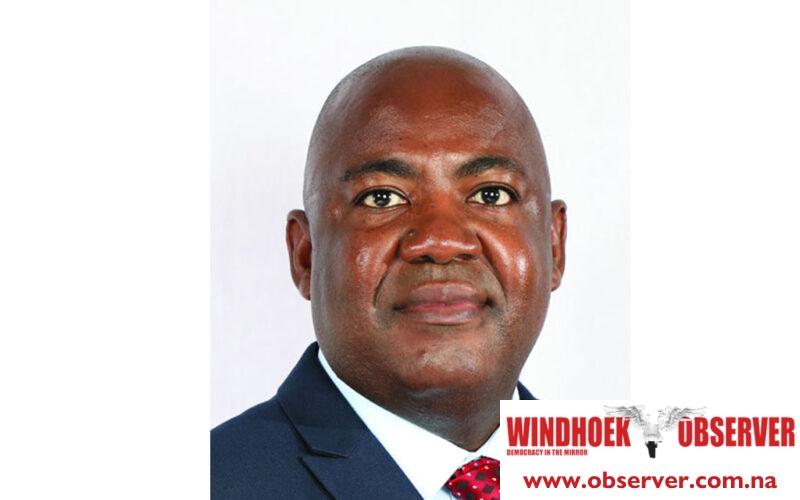Niël Terblanché
In a significant stride towards effective disaster risk management and environmental sustainability, Namibia, for the first time ever, hosted a training workshop on the Africa Multi-Hazard Early Warning and Early Action System (AMHEWAS).
The workshop, which ran from 23 to 25 January 2024, was a collaborative effort led by the Office of the Prime Minister in conjunction with various international organizations including the United Nations Office for Disaster Risk Reduction (UNDRR) Regional Office, the African Union Commission, the United Nations Office for the Coordination of Humanitarian Affairs (UNOCHA), and hosted by the CIMA Research Foundation.
The three-day stakeholder workshop aimed at creating a deep understanding of the AMHEWAS network’s role and operations, while enhancing capacity for early warning and disaster risk management.
This aligns with Namibia’s commitment as an African Union member state to adopt the Africa Framework for Multi-Hazard Early Warning Systems and Early Action (AMHEWAS).
The Executive Director of the Office of the Prime Minister, I-Ben Nashandi, emphasized the importance of a multi-sectoral approach to Disaster Risk Management (DRM) during the workshop’s opening.
He stressed Namibia’s vulnerability to natural disasters, such as droughts and floods, and the increasing necessity for robust early warning systems.
Namibia’s request for assistance in establishing a National Emergency Operation Centre (EOC) through the African Union (AUC) to the United Nations Disaster Risk Reduction (UNDRR) Regional Office, in collaboration with CIMA Foundation and UNOCHA, has been favourably considered.
This marks a crucial step towards integrating Namibia’s EOC with the AMHEWAS network and aligning it with international best practices.
The workshop attendees included key technical stakeholders in early warning and emergency response, reflecting the collaborative approach adopted by DRM in Namibia.
Once operational, the Namibian Emergency Operation Centre (NEOC) is expected to be connected to situation rooms at regional and continental levels, promoting the use of harmonized methodologies and tools for data exchange and analysis in support of Early Warning/Early Action on the African Continent.
In his remarks, Nashandi lauded the efforts of the African Union Commission, UNDRR, OCHA, and CIMA Research Foundation for developing an institutional framework that enhances preparedness and mitigates the severity of disasters.
He urged the key technical members of the Namibian Early Warning cluster to commit to the success of the workshop and the subsequent implementation of the AMHEWAS tools for early warning and early action.
Nashandi said that the AMHEWAS workshop represents a crucial moment in strengthening Namibia’s resilience against natural disasters as the country positions itself to be at the forefront of disaster risk management in Africa.




